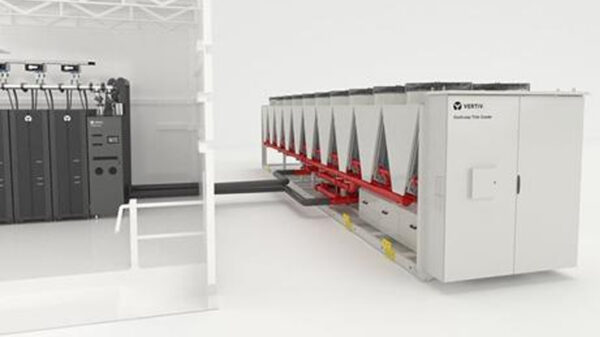Companies in all industries in the Asian region are gearing up to adopt edge initiatives within the next three years, according to a regional survey conducted by Vertiv, formerly Emerson Network Power.
Nearly all respondents (97 percent) in the survey think that edge computing will be relevant in their business and IT strategy in the mid-to-long run (beyond three years). Majority of the respondents believe that the market is on the midpoint of adopting edge computing in their respective business operations.
Some edge computing projects have also begun in Asia Pacific. These include a modernization effort of a global automotive company headquartered in Malaysia; maintaining a communication network for a fitness studio in Australia; and a network future-proofing project of a telecommunications operator in New Zealand.
“By enabling organizations to put their computing resources on the edge, we’re keeping remote sites up and running regardless of core sites conditions,” said Managing director for Vertiv Australia and New Zealand Robert Linsdell.
Linsdell also cited real-time delivery of services, continuous availability, better storage, and faster data analytics among the benefits of placing computing at edge locations.
Unfamiliar with the edge
The survey also revealed that 30 percent of respondents are not fully aware of what edge computing is. Thirty-eight percent of respondents also said that they have no plans yet to deploy edge initiatives in the next one to three years.
Among the top factors listed in the survey that could prevent businesses to embrace edge computing include budget (55 percent of respondents), system compatibility (52 percent), and security issues (43 percent). Also, only a third of all respondents said they have micro data centers, which are key components in deploying edge computing, use them for edge initiatives.
“In Asia, edge computing may still be a vague concept to the market and we need to educate the market with its relevance in the next few years and how it can revolutionize business operations,” shared Daniel Sim, director, Vertiv channel business, Asia.
Vertiv believes key infrastructures in edge computing spaces need to be efficient, scalable, and highly responsive. This will allow managers to reduce costs without introducing additional risk in their small spaces, either through the technologies they use and how they deploy them.






















































































































